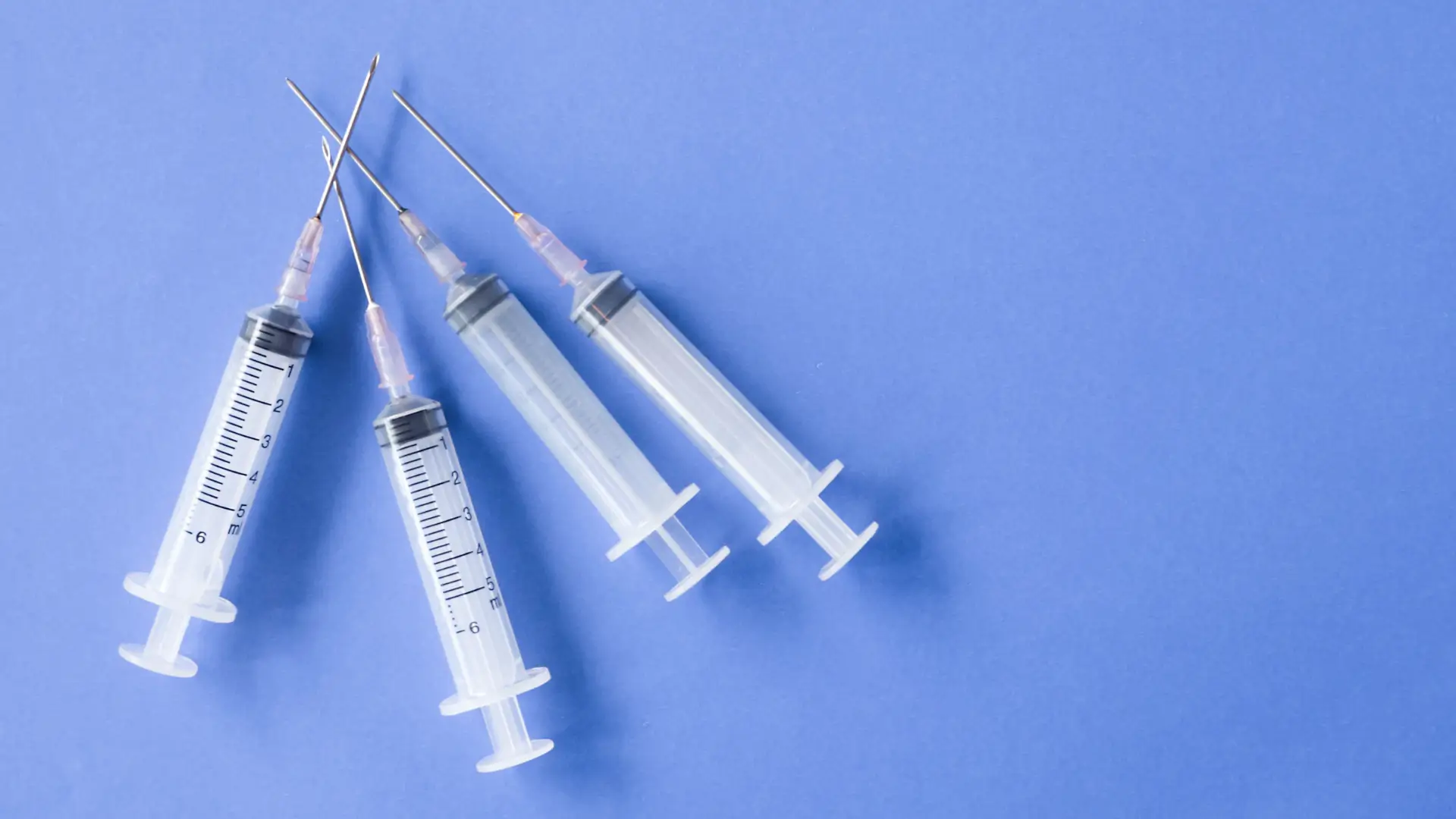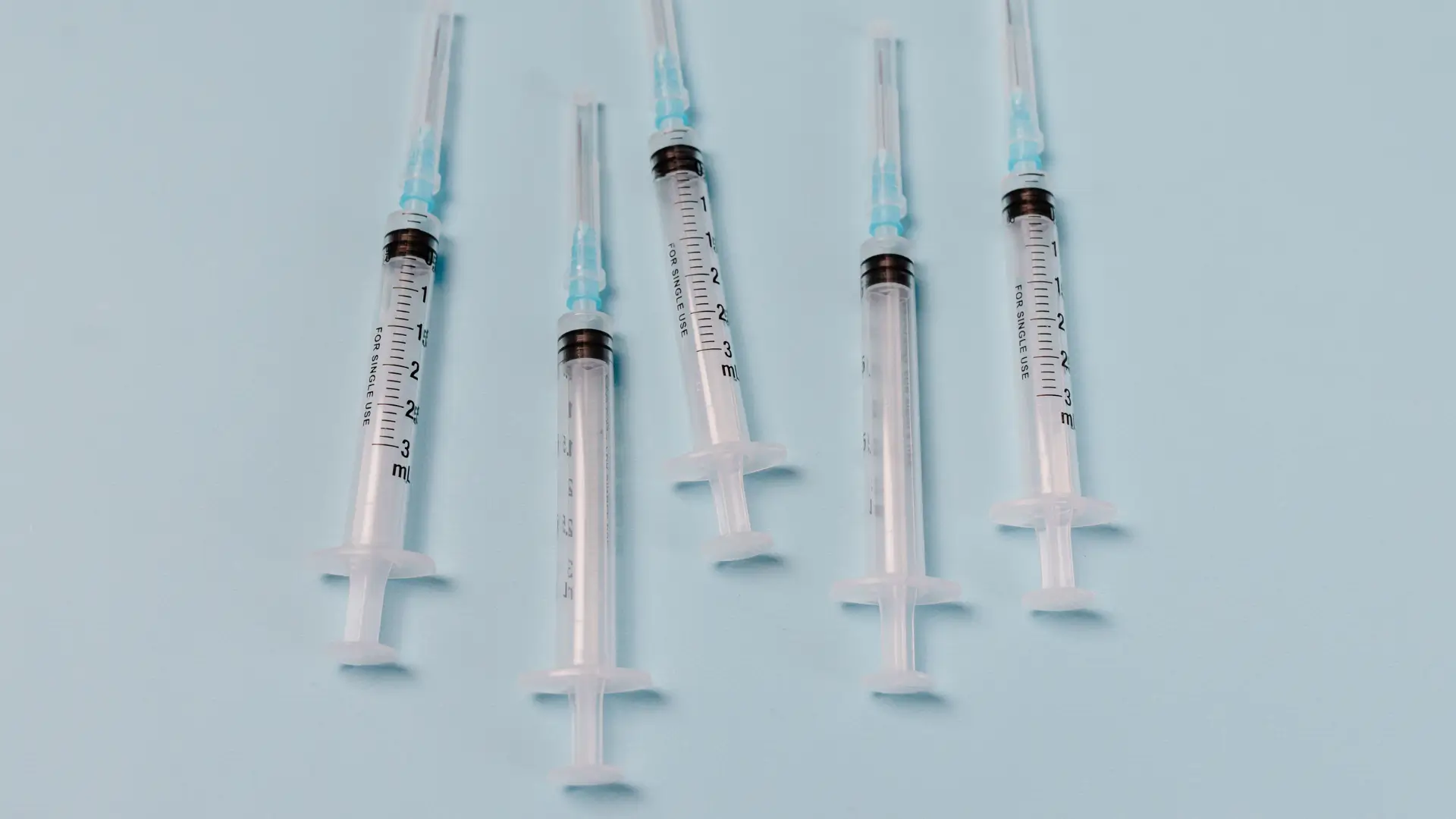Non-adherence to prescribed treatment regimens is a persistent challenge in healthcare, particularly for long-term therapies. Despite years of research and advancements in medicine, many patients still struggle to follow prescribed protocols. This leads to suboptimal outcomes, increased complications, and higher healthcare costs.
This underscores the vital role of accurate, clear, and consistent prescribing, especially for medications like Evenity, which require precise administration protocols to be effective. By adhering closely to approved prescribing information, healthcare providers can significantly reduce variability in patient outcomes. It can also promote better therapeutic success, especially in chronic conditions where consistent care is essential.
In this article, we’ll explore the prescribing information for Evenity, offering essential guidance for healthcare practitioners on dosage, administration, contraindications, and monitoring considerations.
Key Takeaways
- Evenity (romosozumab-aqqg) is a sclerostin inhibitor approved to treat osteoporosis in postmenopausal women at high risk for fractures.
- This osteoporosis medicine promotes bone formation and reduces bone resorption, offering a unique approach to improving postmenopausal women’s quality of life.
- The recommended dosage of Evenity is 210 mg monthly, administered as two subcutaneous injections of 105 mg each during a single session. This 12-month therapy helps improve bone mineral density and reduce the risk of fractures.
- Patient selection is crucial for effective therapy. Evenity candidates typically have low bone mineral density (BMD), fragility fractures, or have not responded to or tolerated other osteoporosis treatments.
- Prior to starting Evenity, pre-treatment evaluations are essential, including checking serum calcium levels, assessing cardiovascular risk, and conducting a DEXA scan to evaluate bone mineral density.
- Injection sites should be rotated between the abdomen, thigh, and upper arm to minimize irritation and maximize comfort. Proper aseptic technique must be followed for safe administration.
- Follow-up care is necessary to monitor bone mineral density and provide guidance on calcium and vitamin D supplementation. After 12 months, Evenity patients should transition to maintenance (antiresorptive) therapy.
About: Medica Depot is your trusted all-in-one supplier, offering a range of high-quality medical injectables and supplies. If you’re looking to buy Evenity for your practice, our sales representatives will give you guidance. Whether for health professionals, plastic surgeons, dermatologists, licensed estheticians, or other specialists, we can offer genuine, brand-name products you may need. With Medica Depot, we prioritize serving you better to improve the patient’s quality of life.
Important Safety Information of Evenity: Indications, Contraindications, and Warnings
Evenity (romosozumab-aqqg) is a sclerostin inhibitor approved to treat osteoporosis in postmenopausal women who are at high risk for fractures. The prescription medicine from Amgen has an indication for women with postmenopausal osteoporosis who have a history of fragility fractures, multiple risk factors for bone fractures, or who have not responded well to or cannot tolerate other treatments.
Furthermore, before starting Evenity, it is crucial to correct any pre-existing hypocalcemia. According to the medication guide, the important information includes Evenity’s contraindications in patients with low serum calcium levels or any known hypersensitivity to romosozumab or its components. Healthcare providers should conduct a thorough evaluation of the patient’s medical history to avoid these complications.
Additionally, the prescribing information’s important safety section also warns of an increased risk of major adverse cardiac events, such as myocardial infarction (heart attack), stroke, and cardiovascular death. A doctor must carefully assess each patient’s cardiovascular risk factors and ensure close monitoring during treatment. Other warnings include:
- Hypersensitivity Reactions
- Osteonecrosis of the Jaw
- Atypical Femoral Fracture
Patient Selection and Eligibility Criteria for Evenity Treatment

According to the official Evenity prescribing information, careful patient selection is crucial for optimizing this osteoporosis treatment. Before beginning the therapy course, medical providers should ensure that candidates meet several eligibility criteria. Typically, the safety information states that eligible postmenopausal women with osteoporosis demonstrate one or more of the following characteristics:
- Low Bone Mineral Density: A T-score of ≤ -2.5 or osteopenia in combination with other factors that increase fracture risk.
- Fragility Fractures: A documented history of vertebral or nonvertebral fractures.
- Previous Treatment History: Inadequate response to or intolerance of other available osteoporosis medicines or therapies.
This type of careful evaluation ensures that the doctor prescribes the drug to women most likely to benefit, while minimizing the risks of side effects. Treatment should follow the full 12-month duration before switching to another drug treatment for maintenance.
Furthermore, this targeted selection process is designed to maximize treatment efficacy while ensuring patient safety throughout the course of therapy.
Safety Information on Evenity Pre-Treatment Labs and Risk Assessments

Like any other treatment, Evenity requires thorough consultations and pre-treatment evaluations to determine patient suitability and safety for therapy. Before receiving Evenity, the healthcare provider should perform a series of laboratory tests and risk assessments to verify that the patient’s metabolic and cardiovascular status can support treatment.
This careful screening process helps maximize the medication’s effectiveness while minimizing the risk of adverse events throughout the treatment period.
- Serum Calcium Levels: Healthcare providers must check blood calcium levels because Evenity is contraindicated in patients with hypocalcemia.
- Vitamin D and Phosphate Levels: Providers should evaluate vitamin D and phosphate levels to ensure optimal conditions for bone health.
- Bone Mineral Density: A baseline dual-energy x-ray absorptiometry (DEXA) scan is necessary to measure bone mineral density and assess fracture risk.
- Cardiovascular Risk Assessment: Practitioners should perform a comprehensive cardiovascular risk assessment on patients, as a history of heart attack or stroke, and any significant cardiovascular risk factors, may disqualify them from using Evenity.
Proper Dosing, Administration, and Follow-Up Care for Evenity

The Evenity prescribing information provides a precise dosing schedule, strict administration protocols, and comprehensive follow-up care instructions. This structured approach maximizes the therapeutic benefits of this prescription medicine and safeguards patients’ safety throughout the 12-month treatment period.
Medical professionals should be prepared to answer patients’ questions, such as “How is Evenity administered?” to provide a better understanding of the treatment and help manage their expectations.
Below is a more in-depth look at the guidelines that can help ensure medical professionals provide optimal and safe management of osteoporosis in postmenopausal women throughout their treatment cycle:
- Recommended Evenity Dosing: Practitioners should administer a total of 210 mg monthly through two subcutaneous injections of 105 mg each, during a single session. Furthermore, Evenity requires a 12-month therapy to ensure efficacy and optimal outcomes.
- Proper Administration: Physicians must allow the syringes to reach room temperature for at least 30 minutes before use and rotate injection sites to ensure patient comfort and maximize treatment efficacy. Moreover, they must use aseptic technique in administering the prefilled syringes and injecting them into the preferred injection sites: abdomen, thigh, or upper arm.
- Follow-Up Care: Patients must consistently visit their physicians to have their bone mineral density regularly assessed, receive advice on calcium and vitamin D supplementation, and plan a transition to maintenance (antiresorptive) therapy after 12 months.
By following this important safety information, the healthcare provider ensures proper Evenity dosing, safe storage, and effective outcomes.
Conclusion
The prescribing information for Evenity highlights the critical need for healthcare providers to adhere to guidelines when treating postmenopausal women with osteoporosis. By ensuring proper patient selection and addressing any contraindications, such as hypocalcemia, practitioners can significantly enhance the safety and effectiveness of the treatment.
Additionally, thorough pre-treatment evaluations and vigilant monitoring of cardiovascular risks are essential components of care. With a structured dosing regimen and clear communication about administration, providers can optimize patient outcomes and help mitigate complications associated with Evenity therapy. Following these protocols supports both patient health and effective management of osteoporosis.
FAQs
1. What does Evenity treat?
Evenity can treat osteoporosis in postmenopausal women who are at high risk for fractures. In particular, those with a history of fragility fractures or who have not responded well to other treatments.
2. What precautions should practitioners take before starting Evenity?
Before initiating treatment, it is crucial to correct any existing hypocalcemia and conduct thorough evaluations. This includes assessing serum calcium, vitamin D, and cardiovascular risks to ensure the patient is suitable for therapy.
3. How should a doctor administer Evenity?
A doctor should administer Evenity as two subcutaneous injections of 105 mg each, totaling 210 mg per month. Patients receiving Evenity should continue for 12 months to achieve optimal results.
References
- Kardas P, Potočnjak I, Ghiciuc CM, Herdeiro MT, Agh T. Editorial: Recent advances in attempts to improve medication adherence – from basic research to clinical practice, volume II. Frontiers in Pharmacology. 2024;15. doi:https://doi.org/10.3389/fphar.2024.1521468
- HIGHLIGHTS of PRESCRIBING INFORMATION | EVENITY® (Romosozumab-Aqqg). Amgen Accessed June 12, 2025. https://www.pi.amgen.com/-/media/Project/Amgen/Repository/pi-amgen-com/Evenity/evenity_pi.pdf








